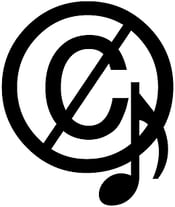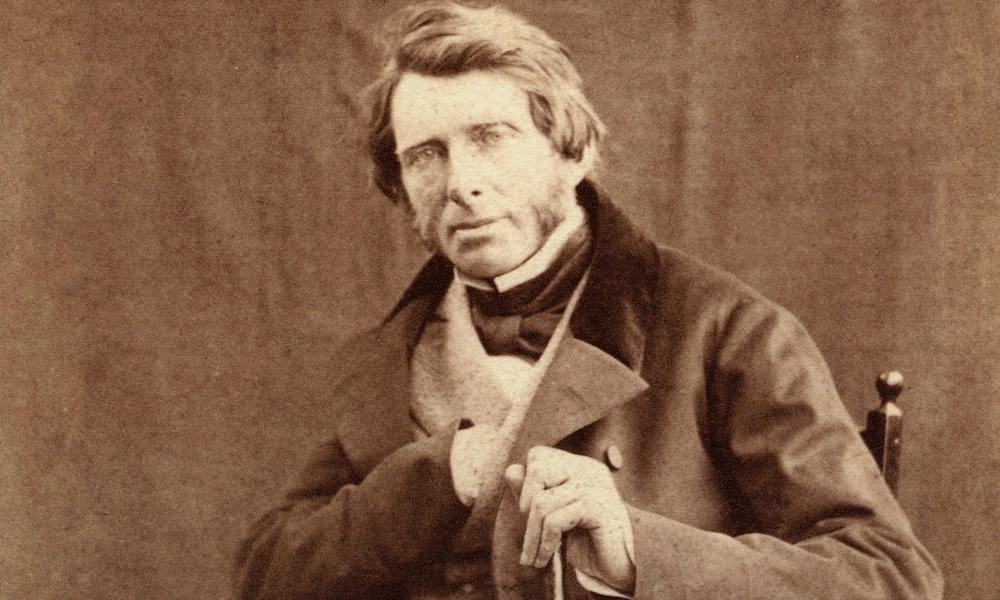Editor’s Note: This is the final piece in our series on the music industry. The first part, written by Matt Miller, dealt with the suggestion that we remove DRM altogether; the second part, written by Stephen Carradini, detailed the power shift in the post-Napster era. Today we have a dialogue between these two thinkers.
Matt:
Stephen, what I think your piece points out really well is the power differential that’s at the root of this problem: consumers have the power to get free music at will, whereas artists’ power is restricted to either allowing their work to be stolen or keeping it to themselves entirely. As I say in my essay, I don’t think there’s any way to reverse that power imbalance. So the question is, how can artists make these power-mad consumers take responsibility for their actions? Can we? Or are we just going to have a world where musicians all have to teach or something on the side to make a living?
Stephen:
Well, I think “allowing work to be stolen” and “power-mad” are the wrong terms. It’s not stealing if artists offer it to them. And most music consumers are passively making decisions about how to buy music, which doesn’t fit “power-mad.” The latter point is the big problem: After the initial bang of Napster and the like, people just slid into a situation where it was easier to get music illegally (which inadvertently gave them a ton of power). This is partially the industry’s fault for putting up DRM walls to legal purchases (as you noted in your piece) and partially human nature’s innate laziness. I would like to be optimistic and say that people will realize the long-term effects of their actions and change direction, but I’m not. I’m sure instances of cultures changing course without consumers seeing immediate tangible benefits are rare to nonexistent. Why would we think that people will purposefully spend more money for no extra benefit? How would that ad campaign go?

English: The crossed out copyright symbol with a musical note on the right hand side is the free music symbol, signifying a lack of copyright restrictions on music. (Photo credit: Wikipedia)
Matt:
The ad campaign could start with an advocacy message akin to campaigns for fair trade products. (Unfortunately “fair trade music” currently means exchanging free music for an email address—which hardly seems fair to me.) Granted, fair trade hasn’t become ubiquitous, but this sort of moral campaign takes a while to play out. Historically, Americans have actually been fairly willing to get on board with changing their consumer behavior in response to ethical arguments: we were the nation that instituted Prohibition, to pick only the most obvious example. But even if such advocacy fails, I still see hope for artists who can create loyalty in their fans. We may be entering the age in which only cult acts survive.
For example: one of my favorite bands, Over the Rhine, does no gimmicky marketing, nor do their tracks carry DRM. I don’t know if downloading has cut into their income, and they’ve never been famous, but they’re making a living–and doing so, I suspect, largely because their fans feel such affection for them that we want to pay for their albums. Bigger, more populist artists may not be able to inspire such loyalty, though, and so their days may truly be numbered. But as a fan of more niche styles of music, I’m optimistic for my favorite artists. That said, I don’t see either of these approaches being taken very widely. So you’re free to argue that they won’t be taken at all.
Login to read more
Sign in or create a free account to access Subscriber-only content.
